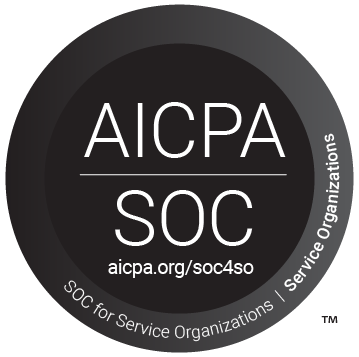Audit season presents a set of unique challenges for private equity-backed companies, particularly those that must balance the expectations of investors with the demands of compliance. Here are four of the most common audit preparation obstacles and practical ways to overcome them, based on client experience supporting finance teams through efficient and streamlined audits.
Navigating Impairment Analyses and Accounting for Complex Transactions
Impairment testing for intangible assets and goodwill, and accounting for complex transactions such as debt refinancings and business combinations, can be among the most challenging aspects of audit readiness. These items require precise calculations, detailed documentation, and often the input of specialists. Ensure that impairment analyses are completed according to audit priorities, with asset groupings and forecast data that align with GAAP standards. By tackling complex areas early, you can provide auditors with the information they need to assess the reasonableness of conclusions reached, mitigating last-minute changes to financial statements.
Adhering to ASC 606 Revenue Recognition Standards
Revenue recognition under ASC 606 continues to be a key area of focus for auditors. For companies with diverse revenue streams, ensuring that revenue recognition is compliant with GAAP is critical. Regularly revisiting these policies can help align revenue accounting with current business activities and compliance requirements. For audit readiness, review revenue documentation and confirm it adheres to ASC 606, especially if your organization has added new revenue sources or restructured its contracts.
Managing Limited Resources and Internal Capacity Constraints
Audit preparation is often resource-intensive, placing additional strain on teams already stretched thin. In such cases, conducting a thorough internal assessment of team capacity early on can be beneficial. For private equity-backed companies, partnering with external advisors can help bridge these gaps by supporting financial statement preparation and audit readiness, enabling your team to maintain its focus on daily operations.
Ensuring Compliance with Dynamic Regulatory Standards
As regulatory requirements evolve, especially for companies involved in acquisitions or restructurings, maintaining compliance can be challenging. Conducting regular internal audits and compliance checks can ensure your transaction documentation, account reconciliations, and accounting policies meet current standards, reducing the risk of audit issues.
Conclusion: Transforming Audit Challenges into Growth Opportunities
Audit readiness may seem daunting, but with strategic planning and the right support, it can be an efficient process that builds stakeholder confidence and strengthens your financial foundations. E78’s Accounting Advisory audit readiness services help private equity-backed companies overcome these challenges, offering targeted guidance to make audit season manageable and efficient.


